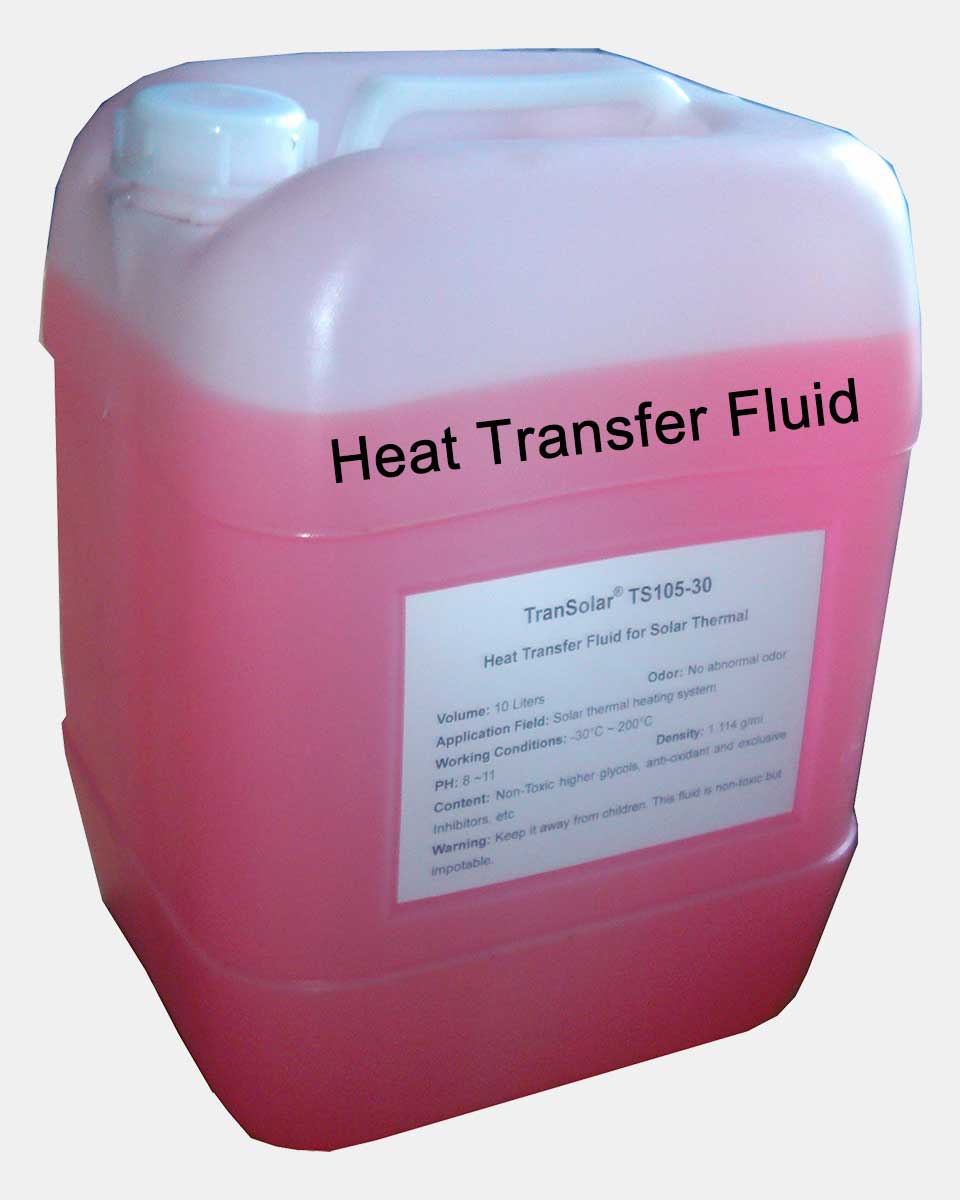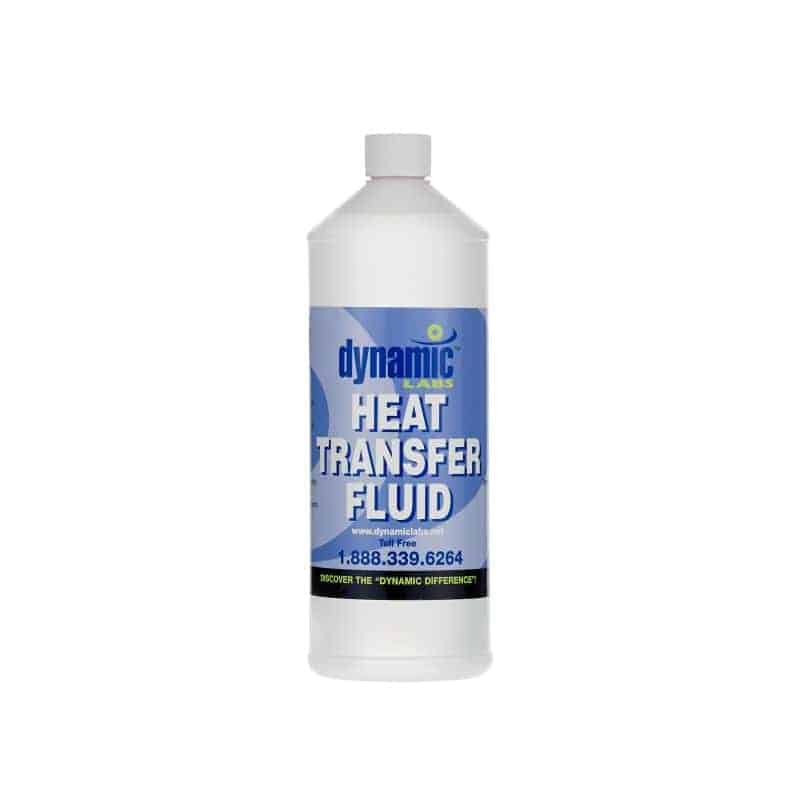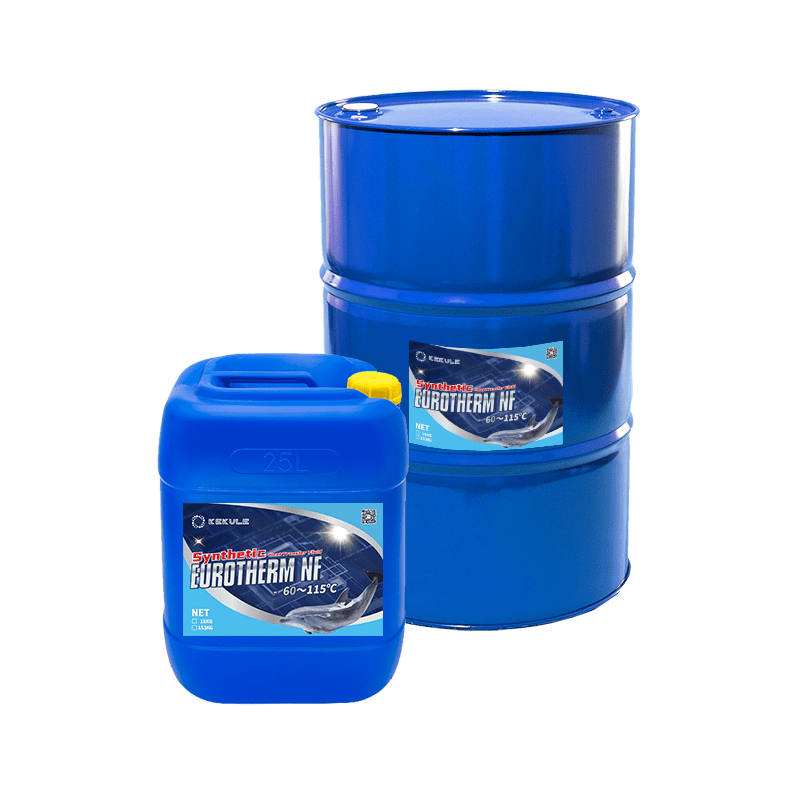Optimize Your System's Life-span With the Right Heat Transfer Fluid
Picking the suitable heat transfer liquid is essential for enhancing system efficiency and longevity. The appropriate fluid not only improves thermal performance however likewise reduces prospective damage on crucial components such as pumps and heat exchangers - propylene glycol. Understanding the numerous kinds of warmth transfer fluids and the specific demands of your application can significantly affect the overall health and wellness of your system. Yet, numerous neglect crucial elements that might make a considerable difference. What factors to consider might you be missing that could ultimately influence your system's effectiveness?
Importance of Heat Transfer Fluids

Moreover, warmth transfer fluids add to the security and reliability of thermal systems. They assist maintain optimum operating temperatures, thus reducing the risk of getting too hot and tools failing. This is especially essential in atmospheres where specific temperature level control is crucial. In addition, the best warm transfer liquid can provide protection versus rust and scaling, additional prolonging the life expectancy of machinery and framework.
Sorts Of Heat Transfer Fluids
Different kinds of heat transfer fluids are frequently used in industrial applications, each customized to details functional needs and temperature level ranges. The most prevalent categories include water, oils, and specialized artificial fluids.
Water is commonly used due to its superb thermal conductivity and schedule; however, its restrictions arise at high temperature levels and prospective cold conditions. For greater temperature applications, thermal oils, such as mineral oils or organic substances, are used. These oils offer remarkable thermal security and can operate properly at elevated temperatures, making them suitable for procedures like food handling and petrochemical manufacturing.
Artificial liquids, which can be either not natural or natural, are created to fulfill certain efficiency standards. They often display improved buildings such as low poisoning, broad temperature ranges, and resistance to oxidation. Instances include esters and glycols, which are excellent for specialized applications like solar thermal systems and heat exchangers.
In addition, refrigerants are utilized in cooling systems, leveraging their stage modification homes to soak up and release warm successfully. Each kind of warmth transfer liquid offers distinct advantages and is selected based on the certain demands of the application, making certain optimal performance and system longevity.
Variables to Consider When Choosing
Selecting the proper heat transfer liquid involves careful consideration of numerous variables to guarantee optimum performance and system efficiency. Among the main variables is the temperature level array required for the system. Fluids vary in their thermal security and can break down or shed effectiveness outside specific temperature restrictions.
An additional essential factor to consider is the liquid's thickness, as it affects pump efficiency and power consumption. A fluid that is as well viscous might impede flow and increase functional expenses. In addition, the liquid's certain warmth ability plays an important role in determining how successfully it can move warm.
Chemical compatibility with system materials is additionally important to stop rust, destruction, or leakages - dielectric cooling fluid. Making certain that the chosen fluid is suitable with the construction products can extend the life-span of the system

Advantages of Proper Fluid Choice
Proper selection of a warm transfer fluid yields substantial benefits for system effectiveness and integrity. The ideal liquid improves thermal conductivity, ensuring optimal heat transfer prices within the system. This performance minimizes energy intake, causing reduced functional expenses and a reduced ecological footprint.
Additionally, ideal liquid option contributes to system longevity by protecting against rust and degradation of elements. Fluids formulated with rust preventions protect steel surface areas, consequently extending the lifespan of here pumps, pipes, and heat exchangers. Additionally, choosing a fluid with ideal thickness makes certain reliable flow, which is vital for keeping constant temperature level distribution throughout the system.
One more crucial advantage is the fluid's thermal stability. A secure heat transfer liquid can operate over a broad temperature level range without damaging down or shedding effectiveness, which is vital for systems exposed to varying thermal problems. In addition, the right liquid can also alleviate dangers related to freezing or boiling, thus preventing operational disruptions.
Upkeep Tips for Durability
Ensuring the durability of a warmth transfer system calls for diligent maintenance methods that match the benefits of proper fluid option. Routine examinations are necessary to determine possible leakages, rust, or sediment accumulation that could compromise system effectiveness. Establish a routine timetable to evaluate pipeline stability, connections, and fittings, as these locations are usually susceptible to damage.

Keeping an eye on liquid levels and top quality is similarly essential. Routinely examine for indications of contamination, such as staining or particulate matter, which can suggest degradation of the warm transfer liquid. Implementing periodic liquid evaluation can offer insights right into its chemical residential or commercial properties, permitting timely replacements when needed.
In addition, keeping optimum operating temperatures is vital. Urge the use of temperature controls and sensors to stay clear of overheating, which can accelerate liquid destruction and damages system elements.
Last but not least, constantly comply with the manufacturer's standards pertaining to fluid replacement periods and upkeep procedures. By committing to these best methods, you can dramatically boost the functional life expectancy of your warm transfer link system, making certain dependable performance he said and minimizing the requirement for pricey repair work or premature replacements.
Verdict
Finally, the option of an appropriate heat transfer fluid is critical for boosting system performance and longevity. By recognizing the different kinds of liquids and considering essential aspects such as thermal conductivity and deterioration resistance, optimum performance can be achieved. In addition, normal maintenance and assessments play a crucial role in maintaining operating problems. Focusing on these components ensures the prolonged lifespan of important components, eventually contributing to an extra trusted and reliable system.
Warm transfer liquids play an essential duty in different industrial and industrial applications by assisting in the efficient transfer of heat between surface areas.In addition, warmth transfer liquids add to the safety and reliability of thermal systems. In addition, the fluid's details warm capacity plays a vital duty in identifying how properly it can move warmth.
The best liquid improves thermal conductivity, making sure optimal warm transfer prices within the system. A secure heat transfer liquid can run over a wide temperature level array without damaging down or shedding effectiveness, which is important for systems revealed to varying thermal problems.